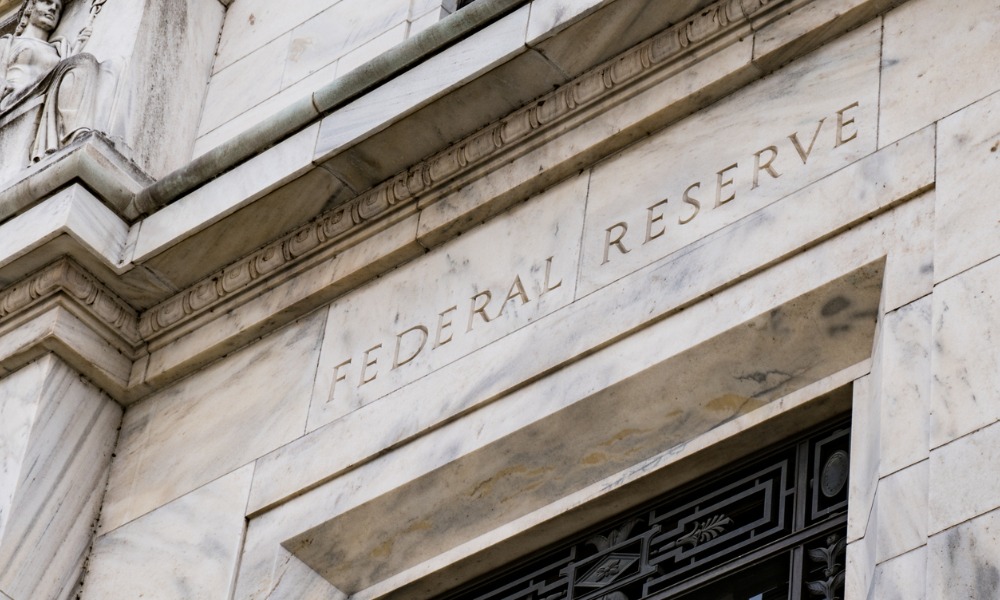Jerome Powell indicates interest rate reductions are unlikely soon, with inflation remaining above target

Federal Reserve Chair Jerome Powell has indicated that interest rate reductions are unlikely in the near future, a view he reinforced in a recent statement, as reported by CNBC.
Powell noted the ongoing challenges in reducing inflation to the Fed's target of 2 percent, suggesting that achieving such levels might take longer than anticipated.
Mark Zandi, chief economist at Moody's Analytics, believes that the Federal Reserve is strategically positioned with the economy but is now honing in on inflation metrics.
Zandi predicts that the Fed would need to see two to three consecutive months of inflation aligning with their 2 percent target before considering rate cuts, possibly starting in September at the earliest.
Current inflation rates hover around 3 percent and have remained stable for several months, complicating the Fed's progress towards its inflation goal. This situation has led to highly volatile market pricing for potential rate cuts.
According to the CME Group’s FedWatch tool, as of Wednesday afternoon, traders see a 71 percent chance that the Fed will delay cuts until September, with a 44 percent probability of a cut in July. The potential for a second rate cut later in the year remains uncertain.
Zandi speculates that the upcoming presidential election could influence the timing of rate cuts, despite Fed officials' insistence on their political neutrality. He suggests that one to two rate cuts could occur between September and December, with November being a potential compromise.
Amid these uncertainties, Bank of America economists warn of a “real risk” that the Fed may not implement any rate cuts until March 2025, though they currently forecast a single reduction in December 2023.
This cautious stance reflects the reality of a data-dependent Fed, which has been resistant to initiating cuts early in the year due to stronger-than-expected inflation and economic activity data.
Despite these challenges, some financial institutions remain optimistic. Citigroup expects the Fed to begin easing rates as early as June or July of this year, anticipating improvements in inflation data that could prompt several rate reductions.
Similarly, Goldman Sachs has adjusted its expectations for policy easing to July from June, maintaining a positive outlook on the broader disinflationary trend.
Evercore ISI's Krishna Guha highlights the broad range of policy options that Powell's recent remarks have opened. Guha expresses concern over the Fed's heavy reliance on near-term data, which could lead to fewer rate cuts if inflation does not align with expectations.
This scenario raises concerns about potential policy errors that could impact the labor market and sensitive sectors like regional banking, which faces risks from prolonged higher rates.
Mark Zandi criticizes the Fed's cautious stance, arguing that rate cuts should have commenced earlier given the significant reduction in inflation since its peak in mid-2022.
He warns of the dangers of an overly rigid policy potentially disrupting the financial system, advocating for a more proactive approach to rate adjustments.



